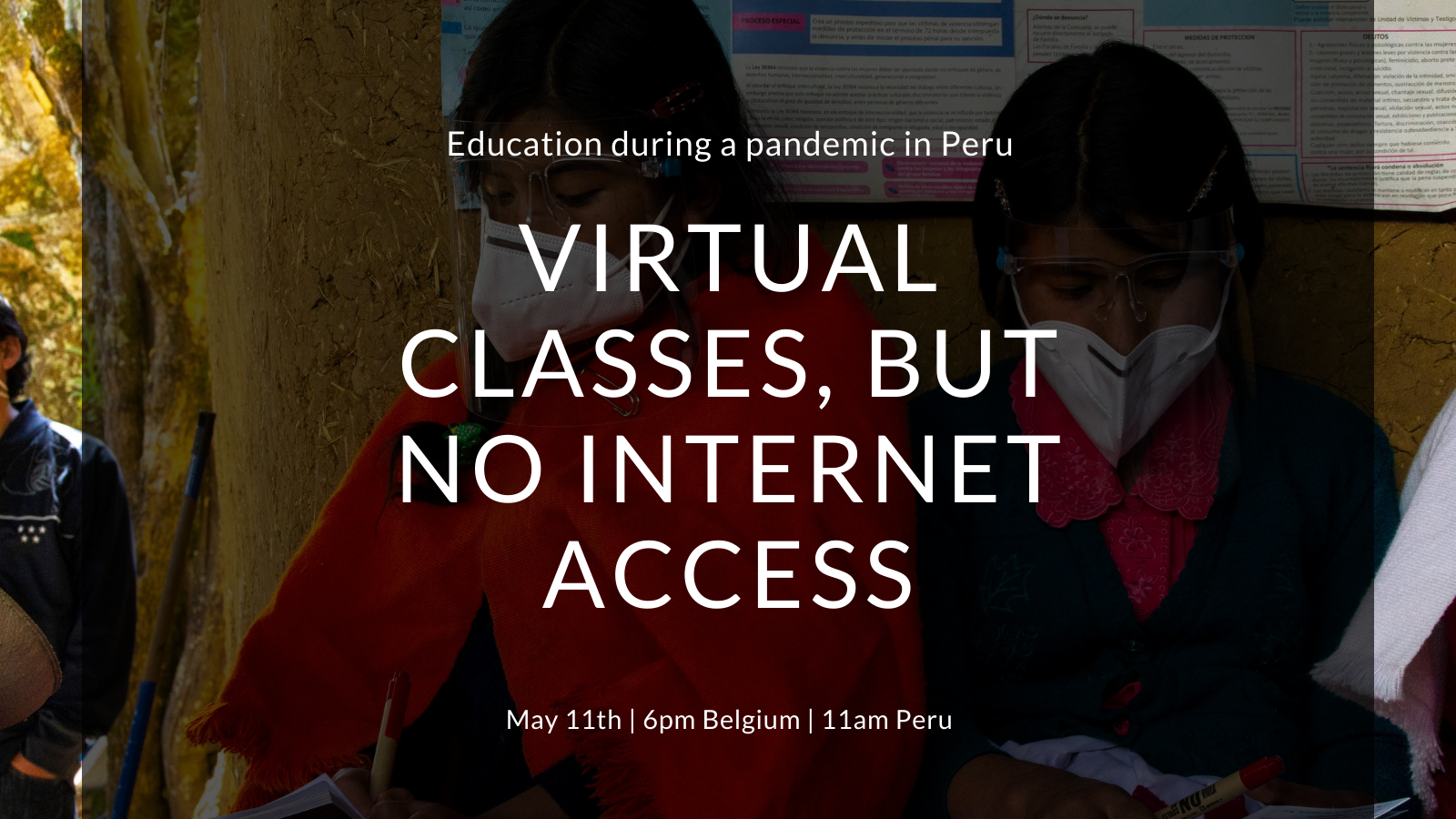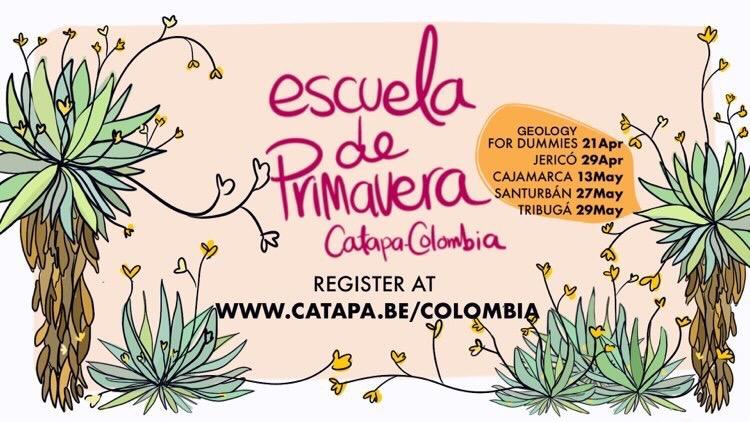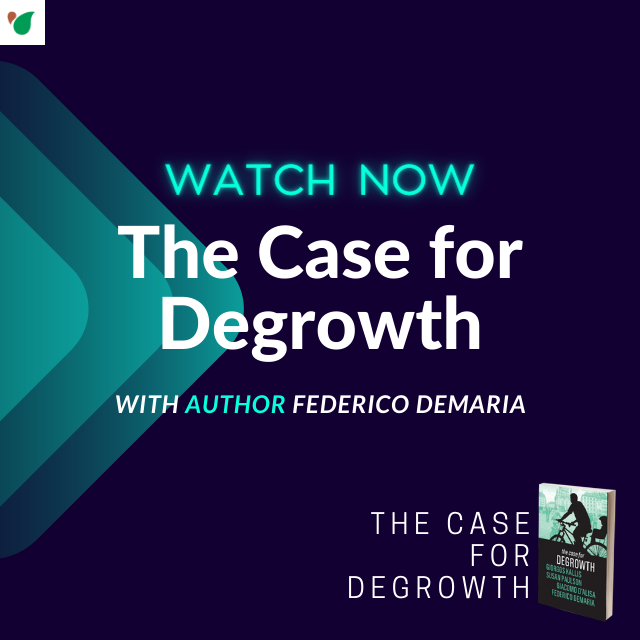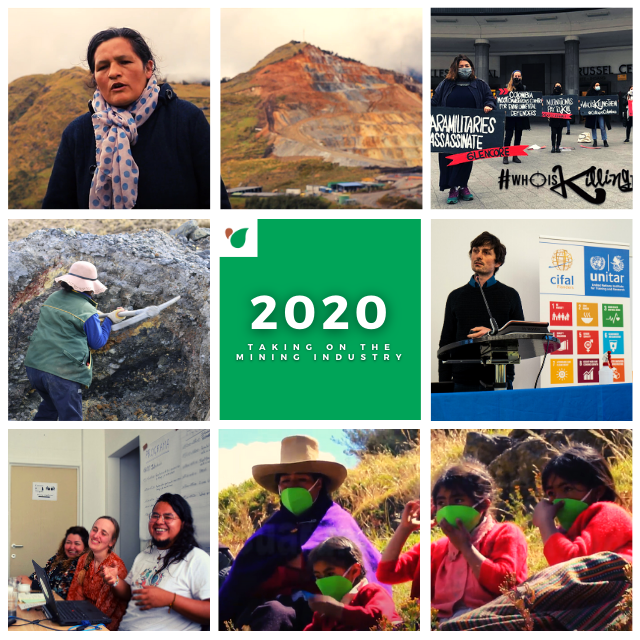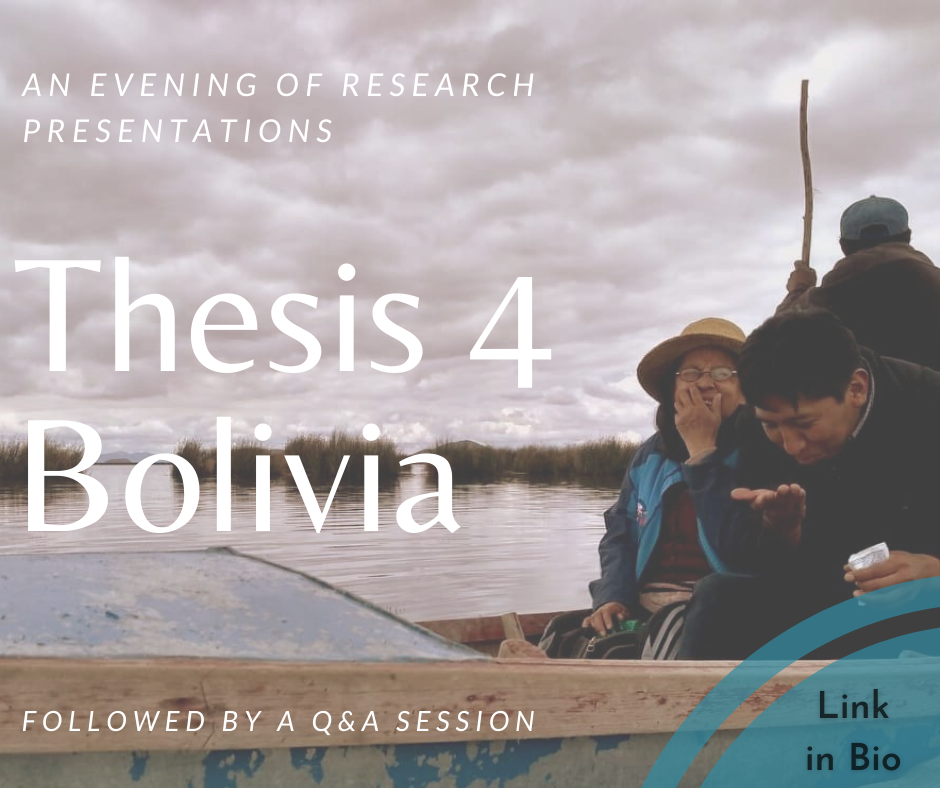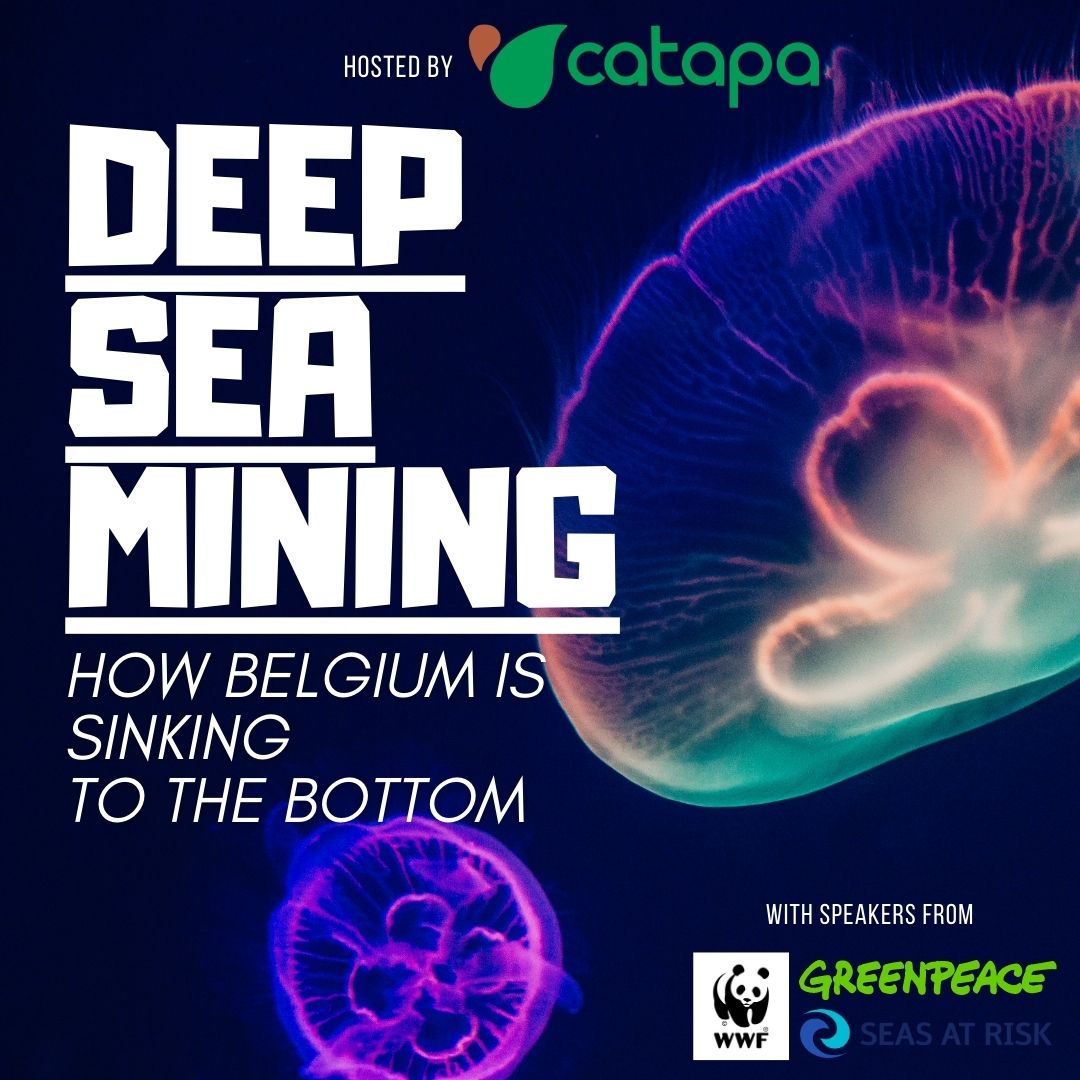The Right to Say No: Insights and Experiences of the Global Struggle against Mining
WEBINAR:
The Right to Say No: Insights and Experiences of the Global Struggle against Mining
4th August, 2021
Last week The Thematic Social Forum on Mining and Extractive Economy explored the “Right to Say No” to mining projects all over the world during a global webinar. Speakers from four different continents were invited to speak about their own insights and experiences around the Right to Say No (RTSN).
(You can watch the full webinar on youtube here).
First up was Farai Maguwu from Zimbabwe (Centre for Natural Resource Governance – CNRG), followed by Aung Ja from Burma, Hal Rhoades from Northern Europe (Yes to Life No to Mining – YLNM) and Karina from Brazil (Movement for Popular Sovereignty in Mining – MAM).
———————————————
The Right to Say No has never been more pertinent. In the name of economic growth, mining projects are causing damage and pollution everywhere. Natural resources are being exploited and local communities are being devastated. Natural resources are being plundered and people are losing access to clean water and fertile land, which is impacting their livelihoods, health and wellbeing. The divide between rich and poor, the ones benefiting from the extractivist/capitalist model and the ones suffering from it, is getting bigger and bigger. This in a world where there has never been more wealth and abundance. On top of that there is the urgent reality of climate change, with this model pushing the bounds of our planet.
We also note the resistance of local communities who demand the ‘Right to Say No’ on these extractive activities. During the webinar, case studies from Africa, Asia, Europe and South America were presented, in which the ‘Right to Say No’ was the focus of this collective fight against mining.

We don’t have to reinvent the wheel in the fight for our common cause. Local communities are resisting these mining projects and asserting their Right to Say No. These local actions are providing the foundation for strategies and alternatives needed to challenge the system. There are different contexts to be dealt with but we can definitely learn from each other’s struggles and victories and apply them to our own situation. As Hal pointed out during his talk, currently there is no real ‘Right’ to Say No. This is something we are asserting, not something we can (yet) claim.
Historical context
Many mining projects are a display of the historical hold of colonial power and foreign influence. Countries with a colonial past – for example the UK, which houses a lot of these large mining corps – are the same that are now putting pressure on more extraction projects. The end destination of the profits from these projects go to developed countries, the former colonizers, and not the countries that are the home to these resources. On top of that, Europe is also the main over-consumer of minerals and energy. Whether directly involved or not, these countries are the ones benefiting from it, while the countries from the Global South where these projects happen are the ones being exploited.
Current context
In certain countries there is the problem of limited democratic space because of repressive or military regimes. We heard from Farai and Aung Ja about the struggles people and communities face in Zimbabwe and Birma respectively. People in power are working hand in hand with corporations and investors from different countries (Australia, India, China, Bulgaria, UK,..) against their own population. The people face eviction from their lands and violence or punishments if they stand up for their rights. Protesting these actions of governments and mining corporations is an act of courage in the face of these threats.
The current European Green Deal also poses a big problem as it will incentivize and support mining expansion (read more on this subject here).
Common Ground
We need to be plural and refrain from taking a one size fits all approach (which is an extractive, capitalist idea) – to each situation there is a specific context. The RTSN movement is a heterogeneous collection of organizations, people and cultures. But there are certain principles that give the variety of organizations that are a part of the movement common ground (derived from Hal’s presentation):
- Questioning the nature of democracy: who benefits, who shoulders the burdens long term? Who defines where mining takes place, who decides the value, who benefits and who suffers…?
- Rejection of the instrumental relations with nature: “Nature” is a much better term than “environment” or “natural resources” as it has integrity. Right to say no is premised on ensuring quality of life
- Advocating for local, low-impact ways of life.
- Challenging the extractivist and growth oriented meta-politics or narratives.
Demands
(As derived from Aung Ja and Karina’s talk.)
- Firm and strong regulation of corporations on behalf of the people; we demand no harm to people, planet and our social wellbeing and livelihoods.
- Affirmation of the society and not the interest of the state and the capital, there needs to be a people centered governance. Communities need to have authority and sovereignty. They decide what is best socially and culturally for their lifestyles. They must control their natural resources/common goods and not the governments. Because it impacts their livelihoods and their future generations.
- A just transition and full restitution. Compensation for the degradation of the territories. The process of restitution must include the responsibility of the state and the corporations. They have to be held accountable. The transition must be diverse in how to approach this on many levels.
- Mining free territories: If certain areas are classified as protected areas no mining should be able to go ahead. Same goes for respecting indigenous land rights.

A rich repertoire of strategies and interventions
Here you can explore some strategies and interventions that can be utilized to assert the RTSN (collected from the different speakers). A lot of these strategies can be combined into a larger strategy (or are a necessary step eg. doing research). Keeping in mind that there are different contexts (political, cultural, …) to be accounted for that will determine which ones you use.
Research
Farai proposes that the first intervention is doing research: who is involved, who is going to be affected, what are going to be the likely environmental impacts, and so on.
Documentation, evidence and argument
It’s important to document the struggles, to document what is going on and spread this information so we can learn from each other. We need more research and documentation of the current cases. To ask ourselves what could support the RTSN campaign? An idea could be to develop a model legislation/process that could be adapted to the local/regional levels.
Document reviews
The environmental impact assessments that mining companies put on the table are often fraudulent documents, so there is a need to investigate those. Also in certain cases people are being tricked to meetings, signing an attendance register which is later used as a consent form.
Capacity building
Building the capacity of the people and communities. Educating them about their rights.
“Education is the most powerful weapon which you can use to change the world.” – Nelson Mandela
Popular Consultations/Referendum
We heard Faraj talk about this strategy, and we know this is also used in Latin American countries. It is rarely used in Europe, but there has been a case in Trun, Bulgaria where a gold project was rejected successfully and unanimously.
The Legal Process
The Legal framework is often in favor of corporations, but there are also certain loopholes in laws or constitutions that can be used to our advantage. This can often be used as a delaying strategy to give some breathing space to other strategies. We can also work on fixing the laws and loopholes the corporations are using.
Declaring the Rights of Nature/Community
We heard the example of Ireland / Greencastle, where the community and local governments declared the rights of Nature to apply and put this in local legislation. As mining is not compatible with the Rights of Nature.
Petitioning
Petitioning parliament to intervene and hold fact finding missions. Farai explained they do this by going to the affected community, raise a campaign and reach out to the media. Then the parliament is left with no choice but to intervene and they are forced to listen to the complaints and recognize the rights of communities.
Direct Action
We can use our bodies by placing ourselves in between – this is the most visceral and dangerous form of strategy.

This powerful photo was shared on the day of action by allies in Turkey for the #GlobalDayAgainstMegaMining. Communities in the Kaz Mountains are resisting gold mining companies from deforestation and digging up their lands.
We can ourselves stop (or pressure our country to stop) investing by not committing trade, and by applying sanctions and boycotts. For example in regards to the current situation in Burma (or other repressive regimes) until there is a democracy that at least respects human rights.
Make it public
- Hold public meetings, demonstrations or protests to drive media attention and create awareness in the public mind to what is happening. Mobilize public opinion in our favor.
- Secure support of prominent, highly credible and influential leaders. These can be judges, political leaders, or even corporative leaders. Without compromising our fundamental principles.
Use the Media Creatively
- Use the media: hold your own media campaign. Identify journalists who can amplify the community struggles so local can go global in terms of media awareness. We are no longer weak, voiceless or faceless. Defend the press and media from authoritarian governments.
- Popularize our struggles using media (traditional, mainstream and social media). Harness the power of the internet and the digital lifestyle. Reaching millennials. Youth must. Inform and educate mainstream media why RTSN is important.
Solidarity strengthens
- Exercise and enhance solidarity, building big national and international networks and alliances. We need an international movement to amplify our struggles. Popular community organization and permanent actions of solidarity that strengthen emancipation are essential.
“Solidarity was the movement that turned the direction of history, I think.” – Jeane Kirkpatrick
- Putting international pressure on repressive governments, fe. the Bolsonaro regime in Brazil. Popular engagement and organization is so important in these situations.
Company Engagement
- In Selkie (Finland) the community contacted multiple companies that were prospecting the area and told them “we reject this outright so save your money and go away”. This worked in their case but it has a very specific context.
- Holding community engagements meetings between communities, corporations and governments.
Propose alternatives
There are better options possible that are already currently existent or that exist as potential opportunities. We can’t continue in the same way as has been happening in the patriarchal capitalist system. There is small-scale farming, fishing, eco or nature based tourism. Karina also proposes to use the inputs of women and youth, to employ their creativity for coming up with new economic alternatives and ways of living.
Restoration of nature can provide new options for people. Nature recovery is so necessary. Good examples are Finland or Northern-Spain.
Check out some examples of community-led post-extractive ‘alternatives’.
“The environment and the economy are really both two sides of the same coin. If we cannot sustain the environment, we cannot sustain ourselves” – Wangari Maathai
Challenging the narrative
- We need to call out the narratives that are being told. Pointing out the irony in justifying demolishing rural communities that are already low-impact and sustainable in the name of climate action and so-called ‘sustainability’.
- Calling out the Green Deal’s greenwashing tactics. RTSN as a response to the green washing narrative.
- Questioning the ‘economic recovery of Covid’ story. Often this is used as a reason to start up mining projects as a way to reactivate the economy.
- Mining happens because there is demand that comes from the growth narrative. We need to move towards a narrative based on wellbeing instead of the illusion of continuous growth.
- Nature is being reduced to commodifiable minerals. There is a clash between short term, instrumentalist view of nature as a collection of dead commodities to be extracted for the greater good. We need a longer-term vision of Nature which is holistic and takes in account the cultural and spiritual relations with a territory.
- Understanding free territory not just as a physical space free from extraction and mining. But also the non-material reality of the territory. The full spectrum. The bodies, spirit, culture, ways of living and thinking.
“We don’t inherit the earth, we borrow it from our children.” – Chief Seattle
We hope you got some inspiration from this collection of strategies and interventions collected from the different speakers from The Right to Say No Global Webinar!
You can check out the final declaration of the Thematic social Forum on Mining and the Extractivist Economy who organized the webinar here.
If you have some other interventions or tactics that can be useful feel free to share them with us in the comments, via the contact form or e-mail info@catapa.be





